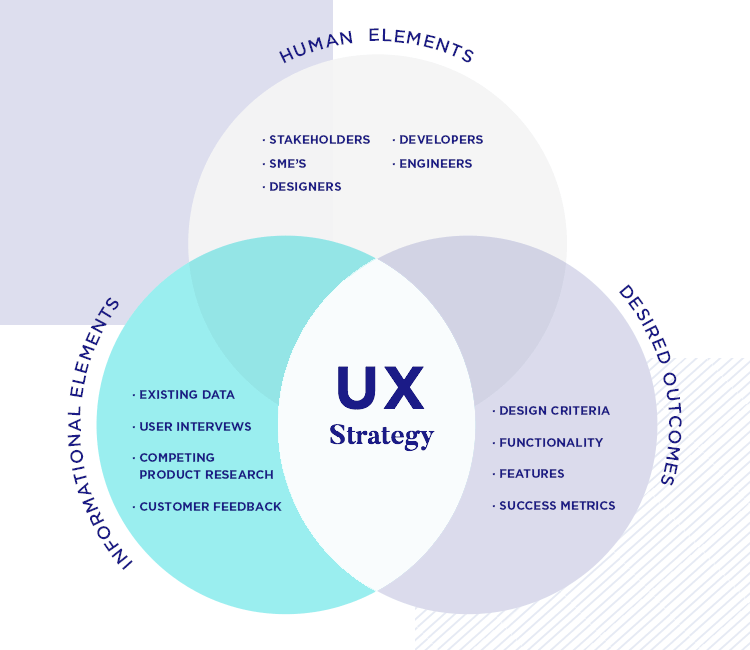The intersection of artificial intelligence (AI) and financial technology (Fintech) has created transformative opportunities in the financial world. From enhancing fraud detection to personalizing customer experiences AI has positioned itself as a game-changer for the fintech industry. This guide dives into the innovative applications of AI in fintech its benefits drawbacks and frequently asked questions to offer a well-rounded understanding of this evolving sector.
The Evolution of AI in Fintech
AI’s integration into fintech has been gradual yet impactful. Originally used for basic automation and data processing AI has expanded its reach into areas such as:
- Fraud prevention: AI-powered systems analyze transactional data to detect unusual patterns in real-time.
- Customer service: Chatbots and virtual assistants are now commonplace helping customers 24/7.
- Investment management: Robo-advisors offer personalized investment advice based on predictive analytics.
Tamer Badr the founder of Singleclic Fintech Solutions says “AI isn’t just an add-on to fintech. It’s the engine driving the next wave of innovation.”
Why AI Matters to Fintech
The financial industry deals with enormous amounts of data daily. AI excels in analyzing this data quickly and accurately making it possible to provide real-time solutions to complex problems. This capacity allows fintech companies to remain competitive in a fast-paced market.
Key Advantages:
- Efficiency: Automating processes reduces manual workload and improves speed.
- Cost savings: AI minimizes the need for human intervention cutting operational costs.
- Accuracy: Predictive analytics help businesses make informed decisions.
But it’s not all perfect—challenges like data privacy concerns and the high cost of AI implementation persist.
Popular Applications of AI in Fintech
Fraud Detection and Prevention
AI systems use machine learning algorithms to detect and prevent fraud in real-time. These systems analyze transactional behavior patterns flagging anomalies before fraud occurs.
- Example: AI can detect multiple login attempts from different locations to alert customers and freeze accounts.
- Drawback: Overreliance on algorithms may lead to false positives disrupting legitimate user activity.
Robo-Advisors for Investment
Robo-advisors have revolutionized investment management by offering data-driven personalized advice at low costs. These AI-based systems make investing accessible to a broader audience.
- Advantage: Cost-effective for novice investors.
- Limitation: Lack of human intuition in volatile market conditions.
Enhanced Customer Experience
AI chatbots improve customer service by resolving queries instantly reducing wait times and improving satisfaction.
- Pros:
- 24/7 availability.
- Multi-language support.
- Cons:
- Limited understanding of complex issues.
“People Are Always Asking”: Frequently Asked Questions About AI in Fintech
How Secure Is AI in Fintech?
AI systems use encryption and secure protocols to protect data but vulnerabilities still exist. Companies must regularly update their systems to prevent breaches.
Can AI Replace Human Jobs in Fintech?
AI automates repetitive tasks but human oversight remains critical for strategic decision-making and relationship management.
How Can Small Businesses Use AI in Fintech?
Even small businesses can use affordable AI solutions like accounting software powered by machine learning to track expenses and manage budgets effectively.
Challenges in AI Implementation
Though the advantages are clear adopting AI in fintech is not without hurdles:
- Cost: High initial investment can deter startups.
- Bias: Algorithms trained on biased data sets may lead to unfair outcomes.
- Regulation: Compliance with varying global standards can be challenging.
Real-Life Use Cases of AI in Fintech
Personalized Banking
Major banks like JPMorgan Chase use AI to offer tailored recommendations based on user spending habits.
Blockchain Integration
AI enhances blockchain by improving transaction validation speed and security. This synergy is particularly valuable in cryptocurrency trading.
“Tamer Badr’s Vision for AI in Fintech”
“AI is not just an improvement it’s a paradigm shift. At Singleclic we believe in creating solutions that empower businesses to achieve more with less effort” says Tamer Badr.
How to Get Started with AI in Fintech
If you’re considering implementing AI in your fintech operations here’s a step-by-step guide:
- Identify needs: Determine what processes require improvement.
- Choose the right tools: Research platforms like TensorFlow or proprietary fintech solutions.
- Start small: Pilot programs minimize risk while providing valuable insights.
- Partner with experts: Collaborating with fintech solution providers ensures smooth deployment. Explore Singleclic’s Fintech Solutions for tailored AI services.
Reviews from Industry Leaders
- “AI has made compliance monitoring a breeze reducing errors significantly” – Financial Analyst at Top Firm.
- “Robo-advisors have democratized investing for millennials” – CEO of a Fintech Startup.
Conclusion: The Future of AI in Fintech
AI has redefined how the financial sector operates. While challenges like cost and data bias remain its benefits—from fraud prevention to customer satisfaction—outweigh the risks. Businesses aiming to thrive in the fintech space must embrace AI to stay ahead of the curve. To learn more about cutting-edge fintech solutions visit the Singleclic Fintech Solutions page.






